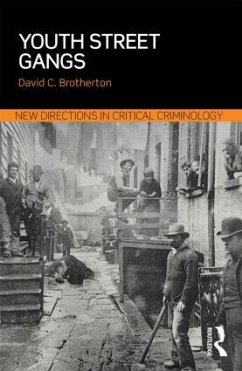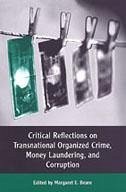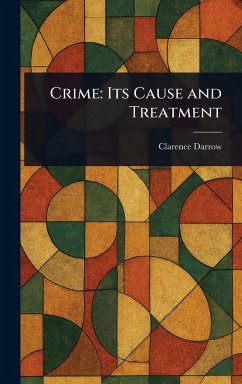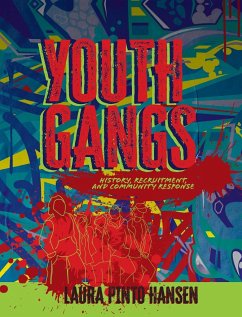Nicht lieferbar
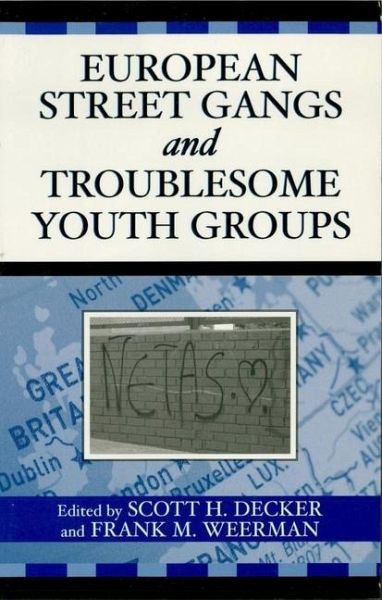
European Street Gangs and Troublesome Youth Groups
Versandkostenfrei!
Nicht lieferbar
This unique volume by eminent gang researchers presents valuable new data on European youth gangs, describing important characteristics of these groups, and their similarities and differences to American gangs. Their findings from the Eurogang Research Program highlight the impact of immigration and ethnicity, urbanization, national influences, and local neighborhood circumstances on gang development in several European countries. It is an important resource on crime, delinquency and youth development for criminologists, sociologists, youth workers, policy makers, local governments, and law enforcement professionals. Visit our website for sample chapters!






